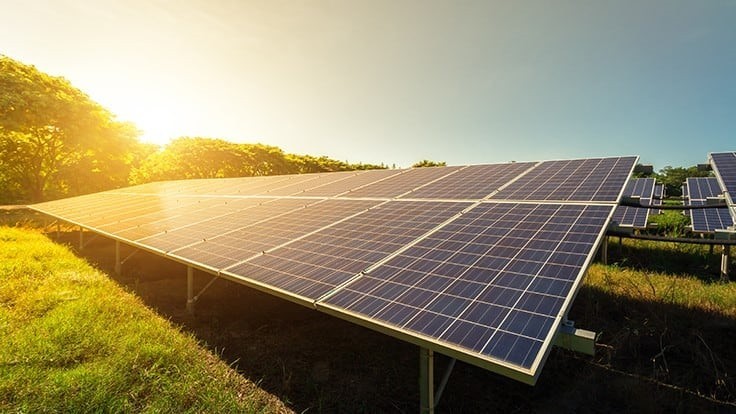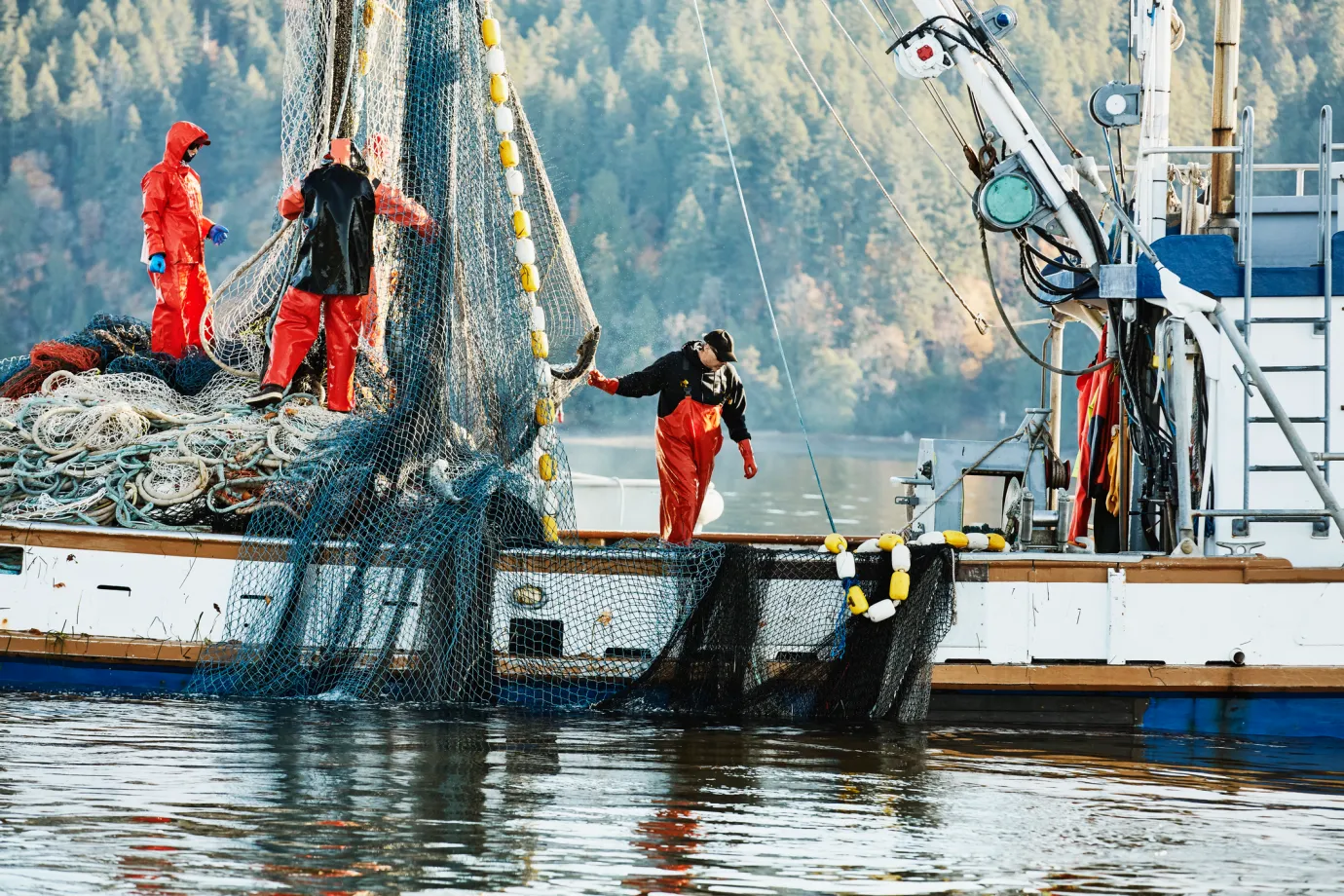Welcome to Our Research Archive
Search and filter by content type, issue area, author, and keyword

July 29, 2024
It’s All About the Base(line)
This is Part 5 in the THB series — Climate Fueled Extreme Weather. You can find Part 1 here, Part 2 here, Part 3 here, and Part 4 here. Each can be read on their own, but I encourage you to start from the beginning as each installment draws on the ones before. If you have made it this…

July 25, 2024
Why Climate Misinformation Persists
In 2001, I participated in a roundtable discussion hosted at the headquarters of the National Academy of Sciences (NAS) with a group of U.S. Senators, the Secretary of Treasury, and about a half-dozen other researchers. The event was organized by Idaho Senator Larry Craig (R-ID) following the release of a short NAS report on climate to help…

July 22, 2024
The Power of Tumblr
The social networking website Tumblr is a shadow of its former self now, but from about 2010 to 2016 something new was arising in it. It was generally referred to as remix culture at the time, but today, it’s clear that the site helped germinate something more specific and central to a lot of debates: woke culture. …

July 22, 2024
We Don’t Need No Stinking Science
This is Part 4 in the THB series — Climate Fueled Extreme Weather. You can find Part 1 here Part 2 here and Part 3 here. Each can be read on their own, but I encourage you to start from the beginning as each installment draws on the ones before. Everyone knows that in recent years climate change has…

July 22, 2024
Unpacking the Data Dilemma
Systems of categorization and classification have played important roles throughout history, from ancient religious texts organizing moral codes to modern scientific frameworks. Among these is the modern digital data system, which encompasses information from personal details and online interactions to scientific measurements and business transactions. However, concerns have been raised about what information is being…

July 18, 2024
Regulation and Utility Performance
Last week’s outages in Houston due to Hurricane Beryl were agonizing and frustrating. The Category 1 hurricane made landfall on July 8 and maintained hurricane strength until it reached Houston, delivering 10-15 inches of rain in some areas and resulting in 2.7 million power outages in the region. Four days later, over one million customers were still without…

July 15, 2024
The Supreme Court Term in Review
“A film is born three times,” French filmmaker Robert Bresson once famously remarked. “First in the writing of the script, once again in the shooting, and finally in the editing.” So too is a law. First, it is written and passed by Congress. Then, it is implemented by administrative agencies. And finally, its legality is…

July 15, 2024
It’s Later Than You Think
Today, I discuss the concept of the “time of emergence” for the detection of a signal of a change in climate in observations and projections. Our early work in this area led to some surprising results (at least to me!) and profoundly shaped how I think about the detection and attribution of changes in the…

July 12, 2024
Busting Tech Myths
Myths about technology are constantly in flux, from companies claiming to have made the next great thing to rumors about the latest smartphone. These myths often seep into social discourse, making it challengiung to separate fact from fiction. To sort through some of these common misunderstandings, I spoke with Robert Atkinson and David Moschella, authors of Technology Fears and…

July 11, 2024
Data Center Electricity Use II: How Are Electrons Like Fish?
Growing data center energy use continues to make headlines. In my first post on data center electricity use, I focused on the technologies that make AI possible and on broad trends in data center investment and electricity demand forecasts out to 2028. If you subscribe to The Dispatch, they had a very good AI energy use…